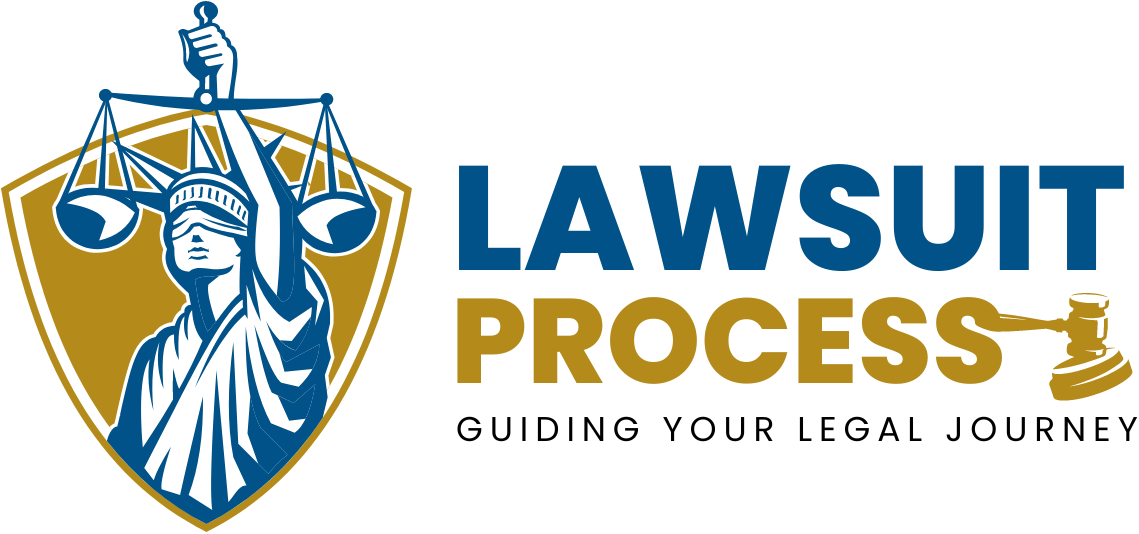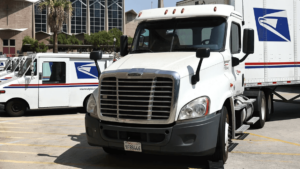Grubhub, the popular food delivery platform, has agreed to pay $25 million to settle a lawsuit by the Federal Trade Commission (FTC) and the Illinois Attorney General’s Office. The lawsuit alleged that Grubhub engaged in deceptive practices that misled customers, restaurants, and drivers.
Allegations Against Grubhub
The FTC accused Grubhub of several deceptive practices. These included hidden fees, misleading subscription benefits, unauthorized restaurant listings, and false driver earnings claims.
Hidden Fees
One major allegation involved hidden fees. Customers were reportedly surprised by higher totals due to undisclosed charges. The FTC claimed Grubhub failed to provide clear breakdowns of its service fees and delivery charges. This led to customers unknowingly paying more than they expected.
Misleading Subscription Benefits
Grubhub promoted its Grubhub+ subscription service as offering “free deliveries.” However, many customers discovered they were still charged additional fees. This marketing strategy misled users into believing they would save money. The FTC stated this violated truth-in-advertising rules.
Unauthorized Restaurant Listings
The platform also faced accusations of listing restaurants without their permission. This practice caused confusion and operational issues. Restaurants listed without consent could not properly manage orders. This led to errors, delays, and dissatisfaction among customers.
Driver Earnings Misrepresentation
Grubhub allegedly provided exaggerated earnings estimates to potential drivers. The FTC claimed the company used inflated numbers to recruit drivers. Many drivers discovered their actual earnings were much lower than advertised.
The Settlement Details
Grubhub has agreed to pay $25 million as part of the settlement. Of this amount, $24.8 million will go toward customer restitution. The remaining $200,000 will fund consumer education and enforcement efforts.
The settlement also requires Grubhub to make operational changes. These include:
- Clearly disclosing fees to customers.
- Accurately representing the benefits of Grubhub+.
- Obtaining restaurant consent before listing them on the platform.
- Providing realistic earnings estimates to drivers.
Grubhub’s Response
Grubhub denied the allegations, stating that many were “wrong, misleading, or no longer applicable.” The company, however, agreed to the settlement to move forward and avoid prolonged litigation. “We believe resolving these allegations allows us to focus on improving our platform and serving our customers better,” said a Grubhub spokesperson.
Impact on Consumers and Businesses
The settlement aims to provide relief to affected consumers and improve transparency. Customers who overpaid due to hidden fees may receive restitution. Restaurants can expect more control over their listings on the platform. Drivers will benefit from clearer communication about earnings.
Advocates believe this case sends a strong message to other food delivery platforms. Transparency and fair practices are crucial for maintaining consumer trust.
Industry-Wide Concerns
This lawsuit highlights broader concerns in the food delivery industry. Many platforms have faced similar allegations. The gig economy model has often been criticized for its lack of transparency and fair treatment. Cases like this could prompt regulators to scrutinize other companies.
The $25 million settlement marks a significant moment for Grubhub and the food delivery industry. While Grubhub denies wrongdoing, it has committed to improving its practices. The case emphasizes the importance of consumer protection and transparent business practices.










